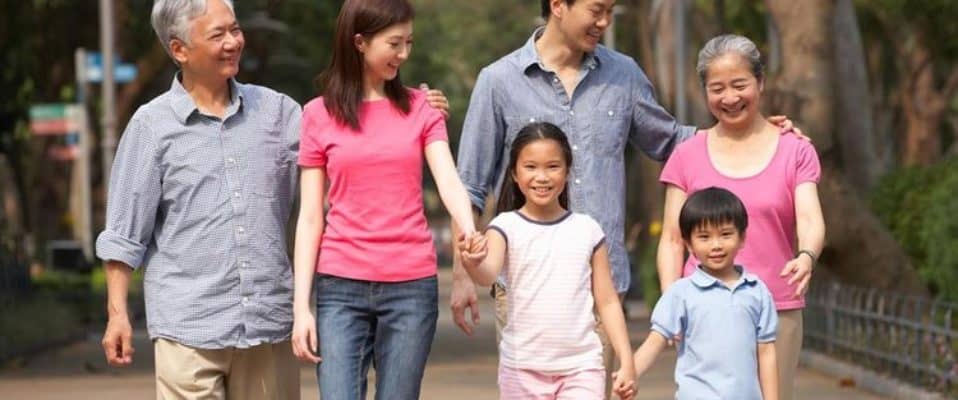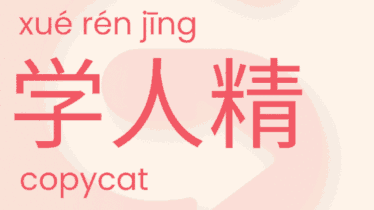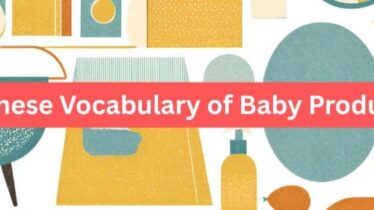8 manieren om neef in het Chinees te zeggen
Learn Chinese with GoEast Online, see our courses here.
At a family reunion, you see a woman and you want to say hi to her. You think, “I know who she is, my dad’s cousin’s wife, but I don’t know what to call her.” Since you can’t figure out the answer, you just pretend to not see her. Later your mom asks you,”Why didn’t you say hi to your biǎoshěn 表婶 (dad’s cousin’s wife)? It’s not polite.”
It seems all Chinese people have had this experience growing up. The family tree in Chinese is way too complicated, especially for the younger generation. Why it is so complicated? Let’s look at the difference between family trees in English and Chinese.
In English, when it comes to family, there are only two important things: generation and gender. For example, uncle represents all the male siblings of both your parents while aunts represent all of their female siblings. Brother includes older and younger male siblings and sister includes all female siblings.
In Chinese, there are many more factors to consider, like whether the relative is on your paternal or maternal side, is younger or older, and is related by marriage or blood. For example, grandparents from your mother’s and father’s side have different titles. 奶奶 (Nǎinai) is Grandmother on your father’s side, 爷爷 (Yéye) Grandfather on father’s side, and 外婆 (wàipó) and 外公 (wàigōng) are Grandmother and Grandfather on your mother’s side. There is a specific word for siblings 兄弟姐妹 (xiōngdìjiěmèi), which consists of words for older brother, younger brother, older sister and younger sister. The title of cousin in Chinese has 8 different words, depending on whether they are paternal/maternal and older/younger than you.
Cousins
- Dad’s brother’s son (if older than you) – 堂兄 (Táng xiōng)
- Dad’s brother’s son (if younger than you) – 堂弟 (Táng dì)
- Dad’s brother’s daughter (if older than you) – 堂姐 (Táng jiě)
- Dad’s brother’s daughter (if younger than you) – 堂妹 (Táng Mèi)
- Dad’s sister’s or Mom’s sibling’s son (if older than you) –表哥 (Biǎo gē)
- Dad’s sister’s or Mom’s sibling’s son (if younger than you) – 表弟 (Biǎo dì)
- Dad’s sister’s or Mom’s sibling’s daughter (if older than you) -表姐 (Biǎo jiě)
- Dad’s sister’s or Mom’s sibling’s daughter (if younger than you) -表妹 (Biǎo mèi)
Traditionally, Chinese people think relations on the father’s side are stronger and closer than the mother’s side. 外婆 (wàipó) and 外公 (wàigōng) illustrate this way of thinking: wài 外 literally means outside, so 外婆 and 外公 are literally called “outside grandparents”. For thousands of years in China, a woman would live with her husband’s family after getting married, which meant she was physically closer to these relatives. So her children would naturally consider her own mother and father as the “outside grandparents, 外婆 and 外公.
Age is a significant part of addressing relatives in Chinese. It is very important to be polite and show respect to the older generation or anyone older than you. The words 哥 gē (older brother) and 姐 jiě (older sister) actually show respect on their own. It’s best to address your older siblings and cousins using 哥 or 姐, otherwise they will be angry with you. In some working environments, it is also respectful to address colleagues who are older or more experienced than you using 哥 or 姐.



